In today’s fast-paced global market, the demand for efficient and reliable transportation of temperature-sensitive goods has never been higher. At CarMax Vehicle, we understand the critical role that reefer cargo vans play in maintaining the integrity of perishable items during transit. This comprehensive guide delves into the intricacies of reefer cargo vans, exploring their features, benefits, and how they outperform traditional transport methods in the cold chain logistics sector.
Understanding Reefer Cargo Vans
Reefer cargo vans, short for refrigerated vans, are specialized vehicles designed to transport temperature-sensitive goods. Equipped with advanced refrigeration units, these vans maintain consistent internal temperatures, ensuring that products remain fresh from departure to delivery. Whether it’s pharmaceuticals, fresh produce, or frozen foods, reefer cargo vans are indispensable in preserving product quality.
Key Components of a Reefer Cargo Van
| Component | Function |
|---|---|
| Refrigeration Unit | Maintains precise temperature control within the cargo area |
| Insulated Body | Prevents external temperature fluctuations from affecting the cargo |
| Temperature Sensors | Monitor and regulate the internal climate, ensuring consistency |
| Power Supply System | Ensures uninterrupted operation of the refrigeration unit |
| Advanced Controls | Allow drivers to set and adjust temperatures as needed |
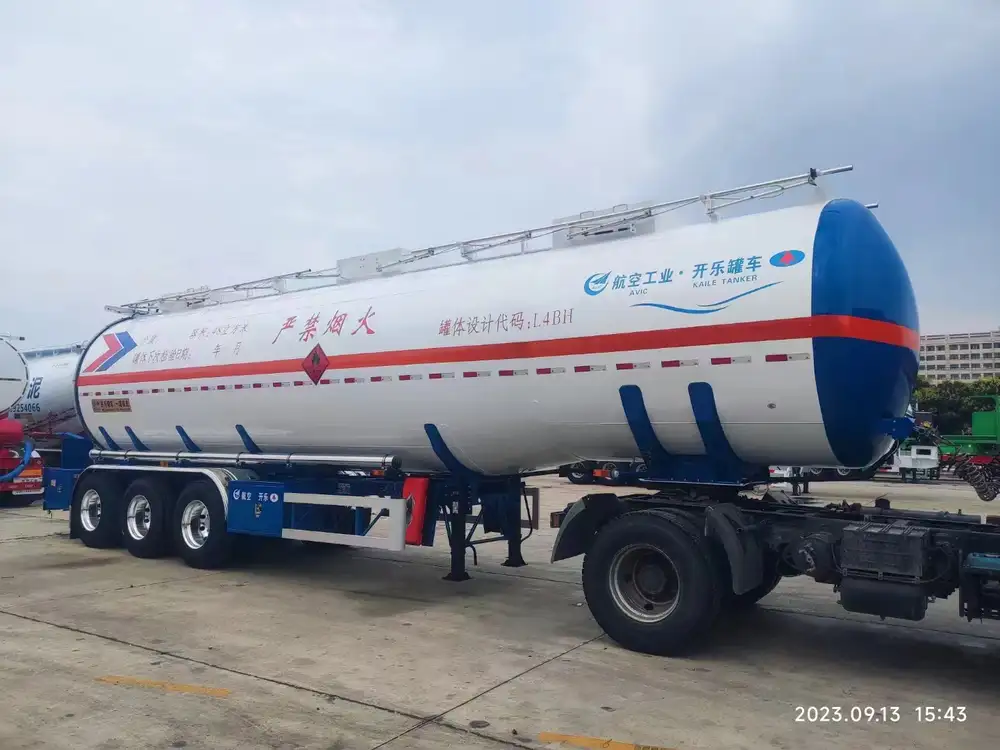
Benefits of Using Reefer Cargo Vans
Choosing a reefer cargo van over traditional transport methods offers numerous advantages:
1. Temperature Control Precision
Reefer vans are engineered to provide exact temperature settings, which can range from refrigerated (34°F to 38°F) to frozen (-10°F to 0°F). This precision is crucial for industries where product integrity is paramount.
2. Enhanced Product Shelf Life
By maintaining optimal temperatures, reefer vans significantly extend the shelf life of perishable goods. This reduces waste and ensures that products reach consumers in peak condition.
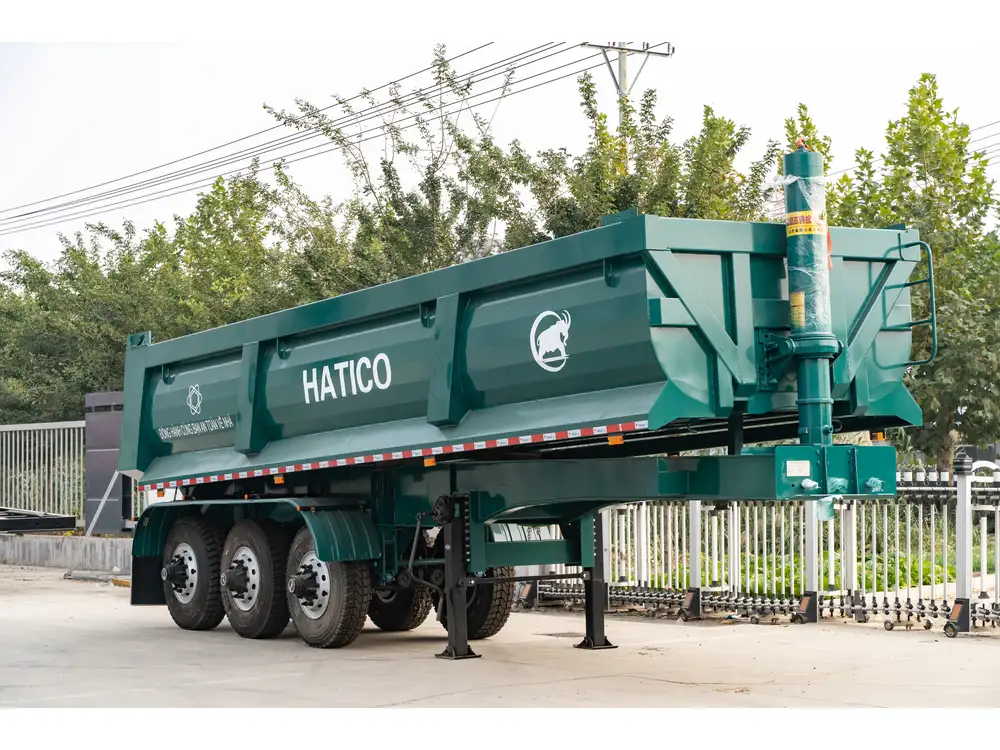
3. Compliance with Regulations
Transportation of temperature-sensitive items is subject to stringent regulations. Reefer cargo vans are designed to meet these standards, ensuring compliance and avoiding potential legal issues.
4. Energy Efficiency
Modern reefer vans are equipped with energy-efficient refrigeration units that minimize power consumption, reducing operational costs and environmental impact.
5. Versatility and Adaptability
Reefer cargo vans come in various sizes and configurations, making them suitable for a wide range of industries and transportation needs.
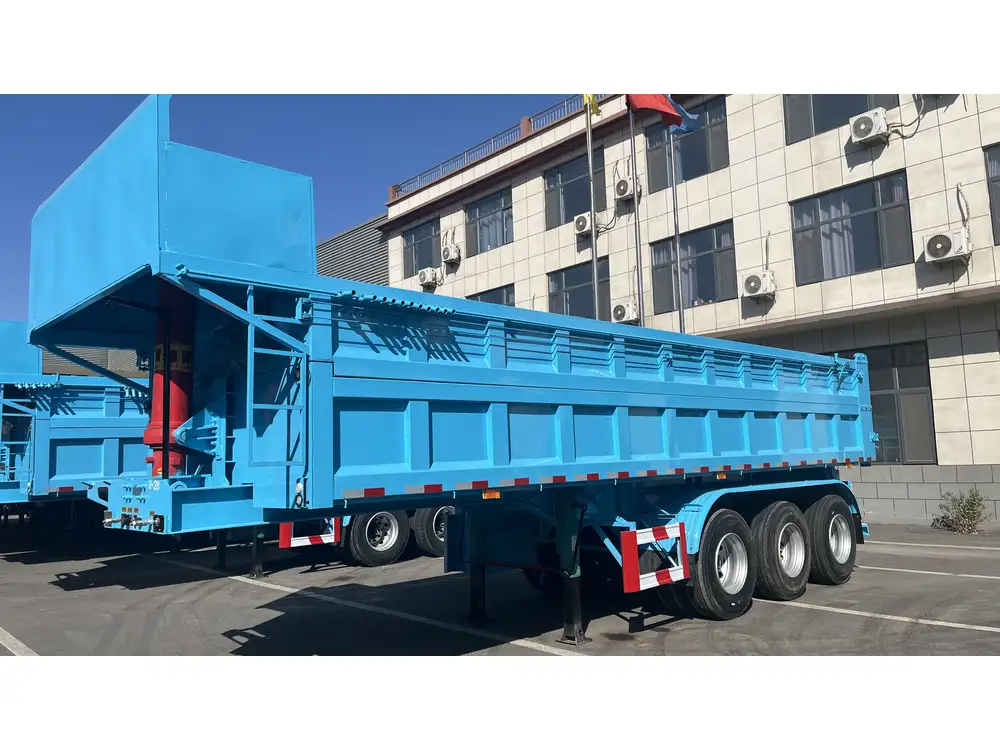
Comparing Reefer Cargo Vans to Traditional Transport Methods
| Feature | Reefer Cargo Vans | Traditional Vans |
|---|---|---|
| Temperature Control | Precise and adjustable | Limited or no temperature control |
| Product Preservation | High, suitable for perishables | Low, not ideal for temperature-sensitive goods |
| Regulatory Compliance | Meets cold chain standards | May not comply with temperature-specific rules |
| Operational Costs | Higher initial investment but lower long-term costs | Generally lower initial costs, higher potential losses due to spoilage |
| Versatility | Highly versatile for various industries | Limited versatility in carrying perishable goods |
Selecting the Right Reefer Cargo Van
Choosing the appropriate reefer cargo van involves evaluating several factors to ensure it meets your specific transportation needs.
1. Capacity and Size
Assess the volume of goods you typically transport. Reefer vans come in different sizes, from compact models for small businesses to larger units for extensive operations.
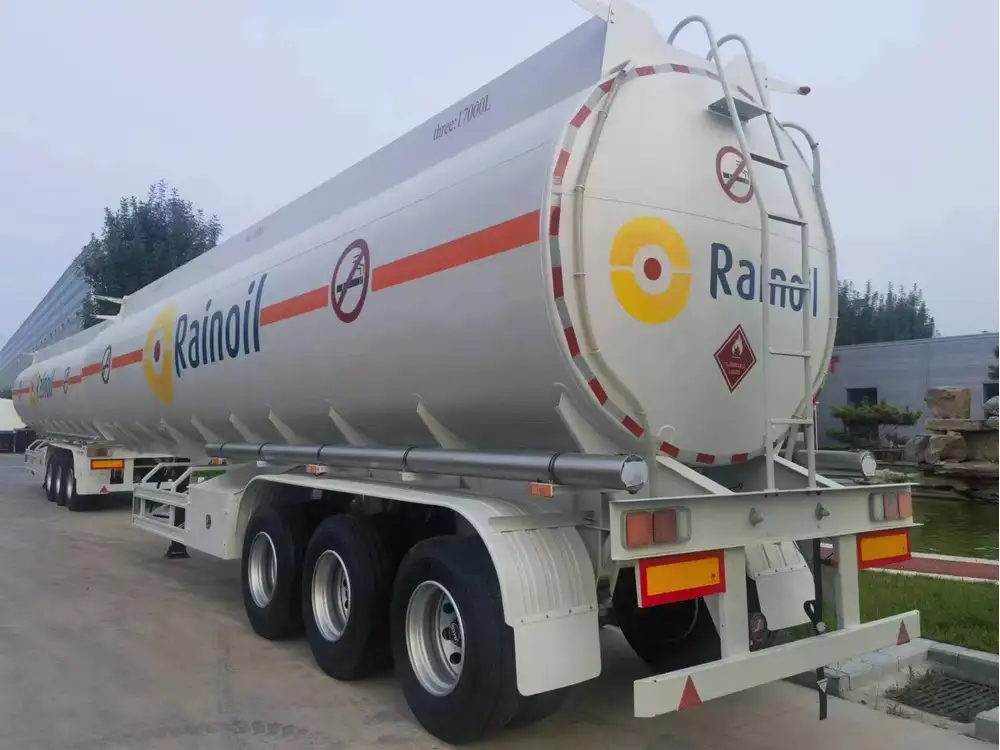
2. Temperature Range
Determine the required temperature range for your goods. Some reefer vans offer a wide temperature range, providing flexibility for diverse cargo requirements.
3. Fuel Efficiency
Consider the fuel efficiency of the reefer unit and the overall vehicle. Energy-efficient models can lead to significant cost savings over time.
4. Maintenance and Reliability
Opt for models known for their reliability and ease of maintenance. Regular servicing ensures the longevity and optimal performance of your reefer cargo van.
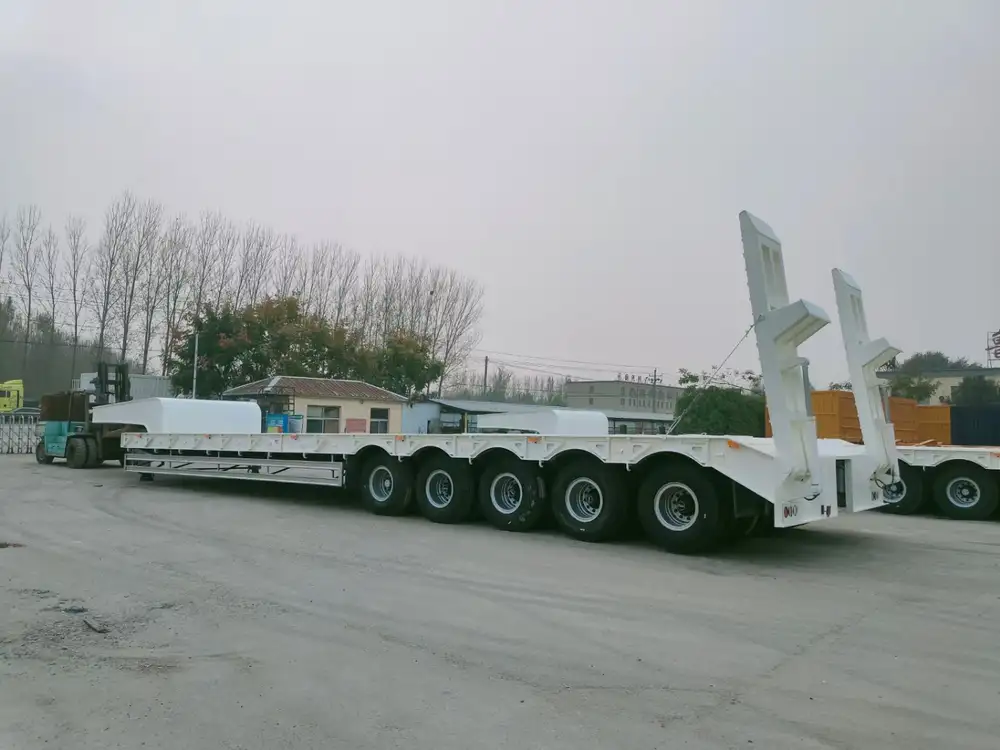
5. Technological Features
Look for advanced features such as remote monitoring, automated temperature control, and real-time data logging to enhance operational efficiency and oversight.
Innovations in Reefer Cargo Van Technology
The refrigeration technology in cargo vans has seen significant advancements, driven by the need for greater efficiency and reliability.
Smart Temperature Management
Modern reefer vans are equipped with intelligent systems that automatically adjust temperatures based on real-time data, ensuring consistent climate control without manual intervention.
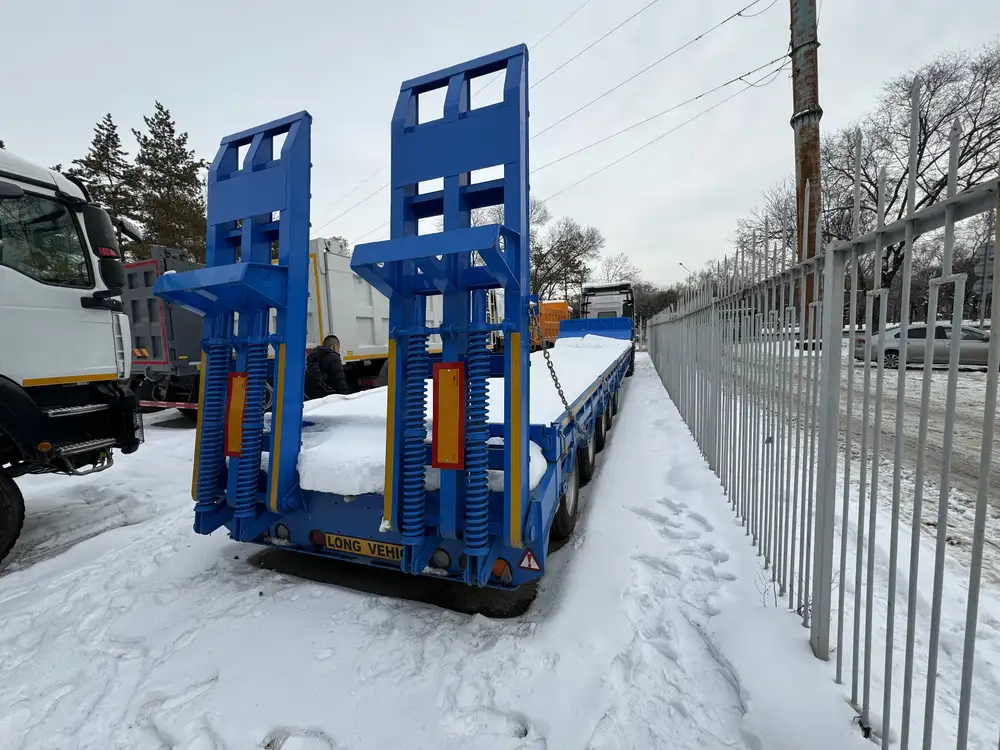
IoT Integration
Internet of Things (IoT) technology allows for remote monitoring and control of reefer units. Fleet managers can track temperature, humidity, and other critical parameters from anywhere, enhancing oversight and responsiveness.
Eco-Friendly Refrigerants
Innovative refrigerants with lower environmental impact are being adopted, reducing the carbon footprint of transportation operations and complying with global environmental standards.
Enhanced Insulation Materials
Advanced insulation materials improve thermal efficiency, maintaining internal temperatures with less energy. This not only conserves power but also enhances the longevity of the refrigeration unit.

Maintenance Best Practices for Reefer Cargo Vans
Proper maintenance is essential to ensure the reliability and efficiency of reefer cargo vans. Implementing a comprehensive maintenance schedule can prevent breakdowns and extend the vehicle’s lifespan.
Regular Inspection of Refrigeration Units
Frequent checks of the refrigeration system components, such as compressors, fans, and condensers, help identify and address issues before they escalate.
Cleaning and Sanitization
Maintaining cleanliness inside the cargo area prevents contamination and ensures compliance with health and safety standards, especially important for food and pharmaceutical transports.
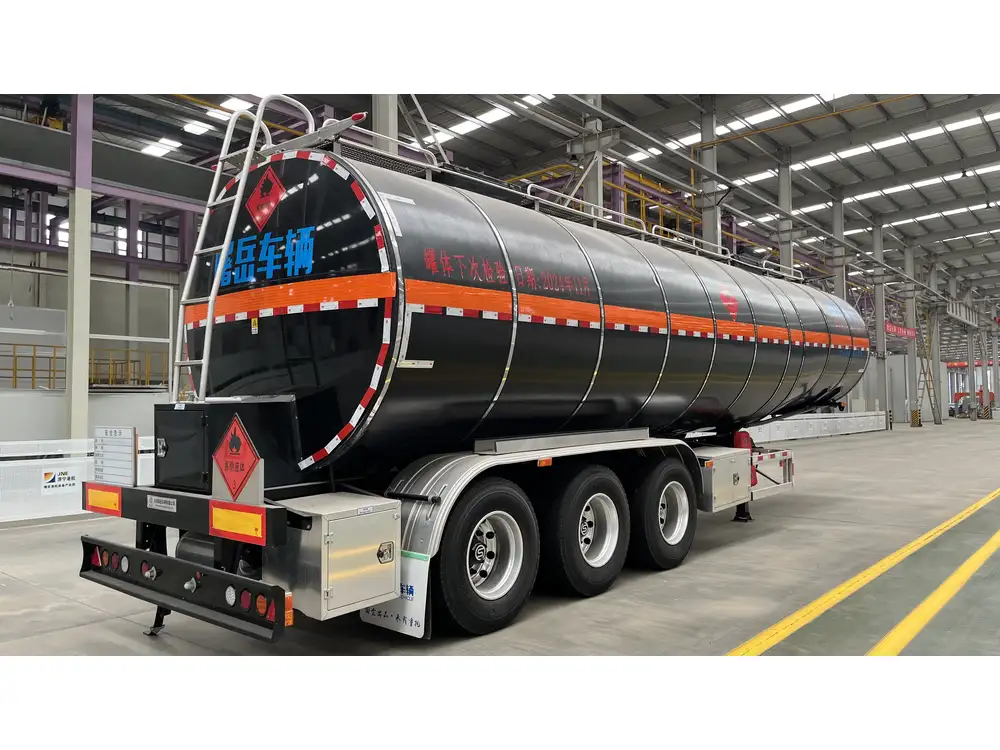
Monitoring and Calibration of Sensors
Regularly calibrate temperature sensors and other monitoring devices to ensure accurate readings and effective climate control.
Preventive Maintenance Scheduling
Adopt a proactive approach by scheduling routine maintenance tasks, such as oil changes, filter replacements, and system diagnostics, to keep the reefer van in optimal condition.
Cost Considerations for Reefer Cargo Vans
Investing in a reefer cargo van involves several cost factors that businesses must consider to make informed decisions.

Initial Purchase Price
Reefer cargo vans typically have a higher initial cost compared to standard vans, due to the added refrigeration equipment and specialized insulation.
Operating Costs
Ongoing expenses include fuel, maintenance, and energy consumption for the refrigeration unit. Energy-efficient models can help mitigate these costs over time.
Depreciation
Like all vehicles, reefer vans depreciate over time. Selecting models with high resale value can offset depreciation expenses.
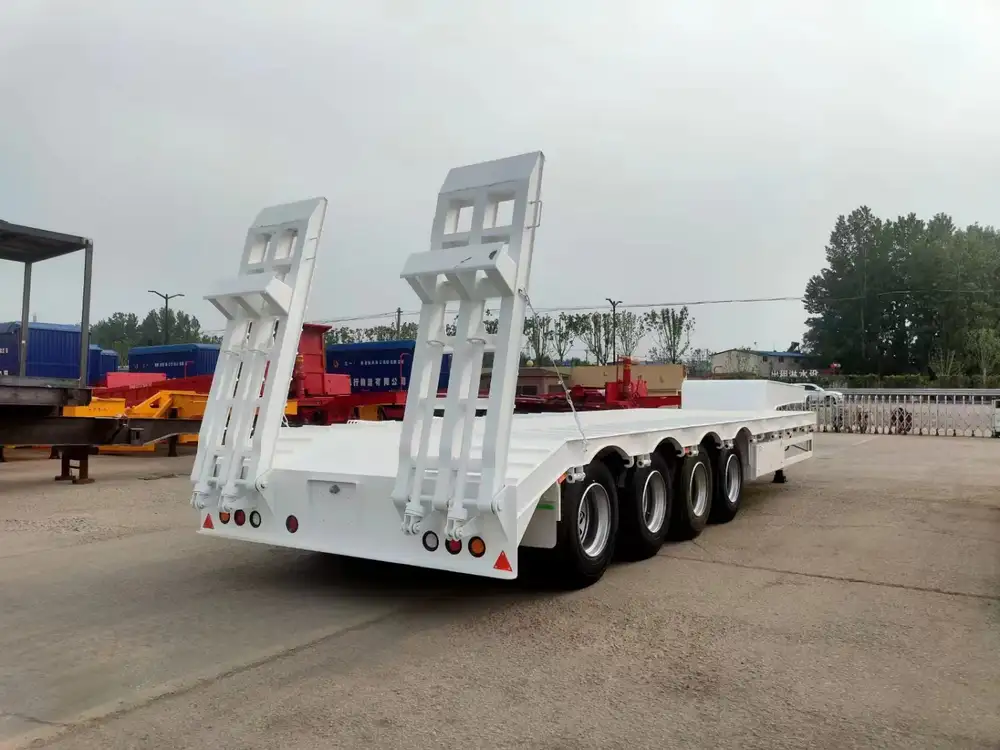
Financing Options
Explore various financing options, such as leasing or loans, to manage the upfront costs and spread payments over a manageable period.
Total Cost of Ownership (TCO)
Evaluate the TCO by considering all expenses related to the vehicle over its entire lifecycle, including purchase, operation, maintenance, and resale value.
Enhancing Operational Efficiency with Reefer Cargo Vans
Maximizing the efficiency of your reefer cargo van fleet can lead to significant improvements in service quality and cost-effectiveness.

Route Optimization
Utilize route planning software to determine the most efficient paths, reducing fuel consumption and delivery times while minimizing wear and tear on vehicles.
Load Optimization
Properly loading cargo to maximize space without overloading ensures that each trip is as efficient as possible, reducing the number of journeys needed.
Driver Training
Invest in comprehensive training for drivers on the proper operation and maintenance of reefer units, as well as best practices for fuel-efficient driving.
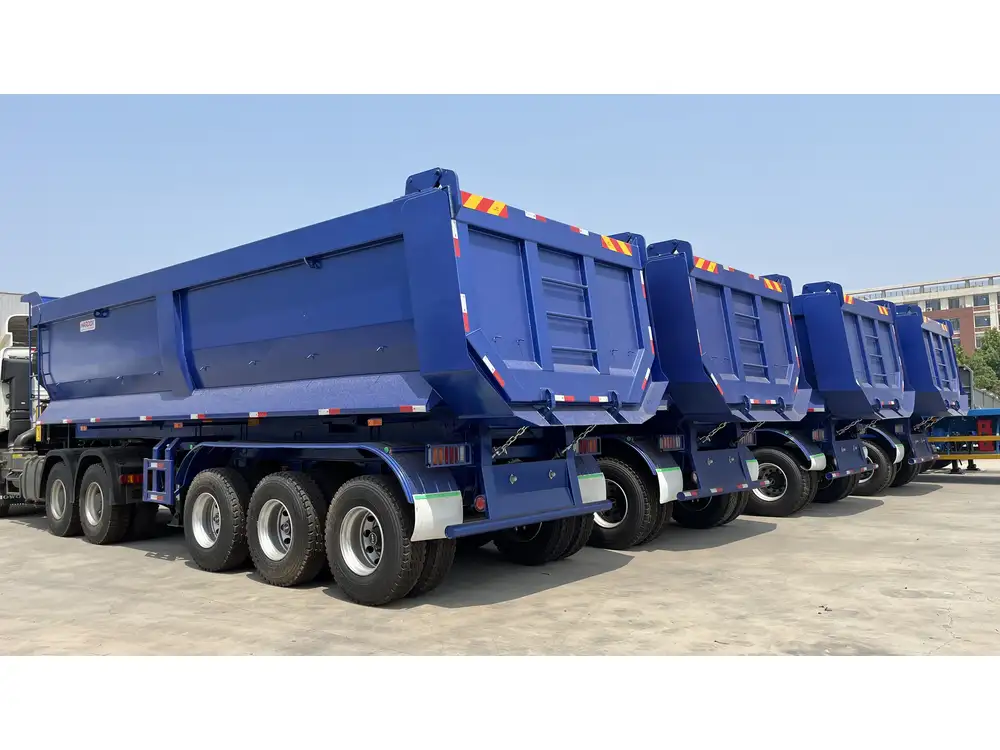
Fleet Management Systems
Implementing advanced fleet management systems allows for real-time tracking, performance monitoring, and proactive maintenance scheduling, enhancing overall fleet productivity.
The Role of Reefer Cargo Vans in Sustainable Logistics
Sustainability is becoming increasingly important in logistics, and reefer cargo vans play a crucial role in promoting environmentally friendly practices.
Reduced Food Waste
By maintaining optimal temperatures, reefer vans significantly reduce food spoilage, contributing to less waste and more sustainable food supply chains.

Energy Efficiency
Modern reefer vans are designed with energy-efficient technologies, lowering fuel consumption and greenhouse gas emissions during transportation.
Eco-Friendly Refrigerants
The adoption of eco-friendly refrigerants in reefer units helps minimize environmental impact, aligning with global efforts to combat climate change.
Sustainable Fleet Practices
Integrating reefer cargo vans into a sustainable fleet involves selecting fuel-efficient models, optimizing routes, and implementing green maintenance practices.

Future Trends in Reefer Cargo Van Technology
The future of reefer cargo vans is poised for remarkable advancements, driven by technological innovation and evolving market demands.
Autonomous Reefer Vans
Self-driving technology is set to revolutionize the logistics industry. Autonomous reefer vans can operate around the clock, increasing efficiency and reducing labor costs.
Advanced Data Analytics
Leveraging big data and analytics allows for deeper insights into fleet performance, enabling data-driven decisions that enhance operational efficiency and customer satisfaction.

Renewable Energy Integration
Incorporating renewable energy sources, such as solar panels, can further reduce the carbon footprint of reefer cargo vans and promote sustainable operations.
Enhanced Connectivity
Greater connectivity between vehicles, drivers, and fleet managers facilitates seamless communication and coordination, improving overall logistics management.
Why Choose CarMax Trailer for Your Reefer Cargo Needs
At CarMax Trailer, we pride ourselves on delivering high-quality, reliable reefer cargo vans tailored to meet the diverse needs of our clients. Our commitment to innovation, sustainability, and customer satisfaction sets us apart in the competitive landscape of cold chain logistics.
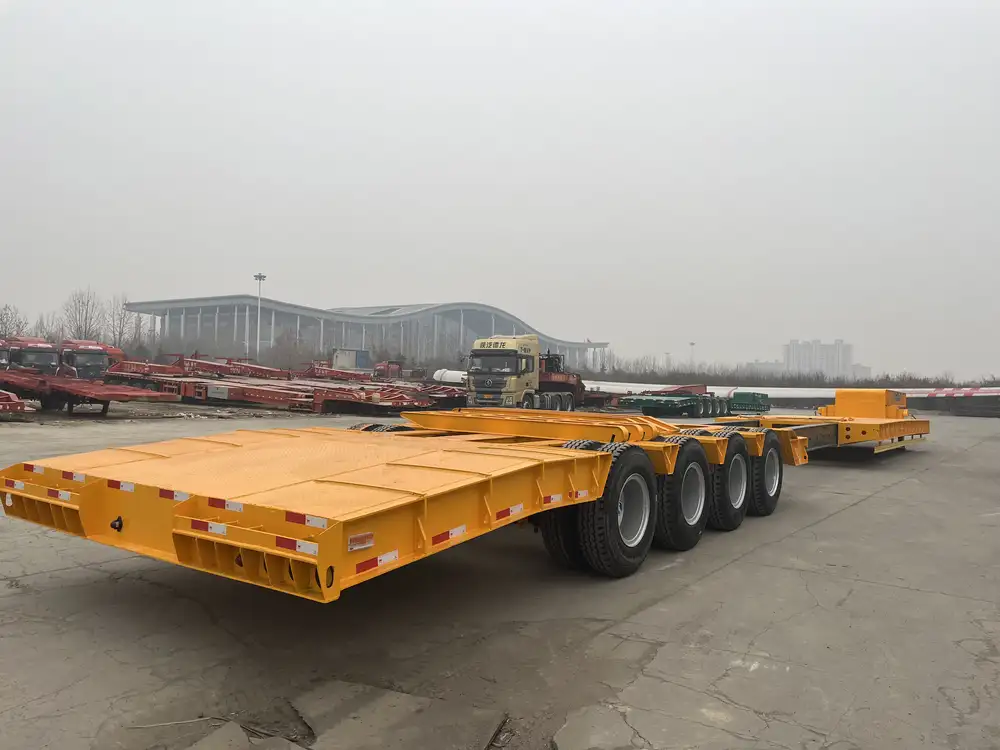
Customization and Flexibility
We offer a range of customization options to ensure that our reefer vans align perfectly with your specific transportation requirements, whether you need specialized temperature settings or unique cargo configurations.
Superior Build Quality
Our reefer vans are built with the highest standards of craftsmanship and durability, ensuring long-lasting performance even in the most demanding environments.
Exceptional Support and Service
From initial consultation to after-sales support, CarMax Trailer provides comprehensive service to ensure your reefer cargo vans operate at peak efficiency throughout their lifecycle.
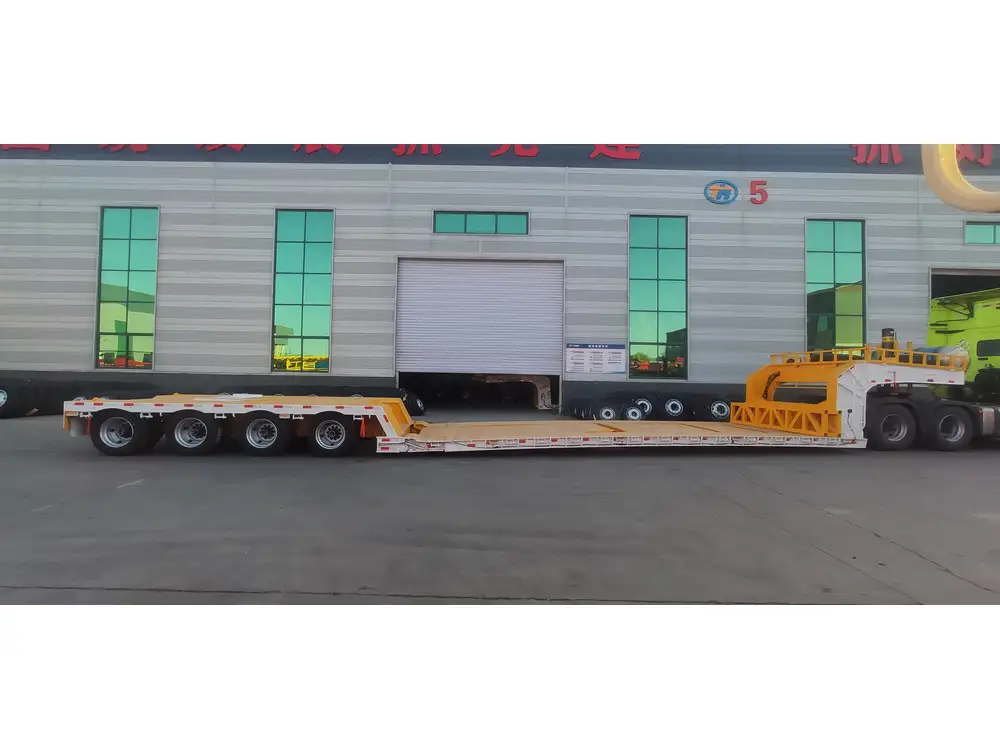
Cutting-Edge Technology
We integrate the latest technological advancements into our reefer vans, including smart temperature management systems, IoT connectivity, and energy-efficient refrigeration units, keeping you ahead in the logistics race.
Conclusion
Reefer cargo vans are indispensable assets in the realm of cold chain logistics, offering unparalleled temperature control, enhanced product preservation, and operational efficiency. By investing in a high-quality reefer van from CarMax Trailer, businesses can ensure the safe and reliable transportation of their temperature-sensitive goods, contributing to reduced waste, increased compliance, and sustainable operations.
Embrace the future of logistics with reefer cargo vans that combine advanced technology, superior build quality, and exceptional support. Trust CarMax Trailer to deliver solutions that meet your needs and exceed your expectations in the dynamic landscape of refrigerated transportation.
Frequently Asked Questions
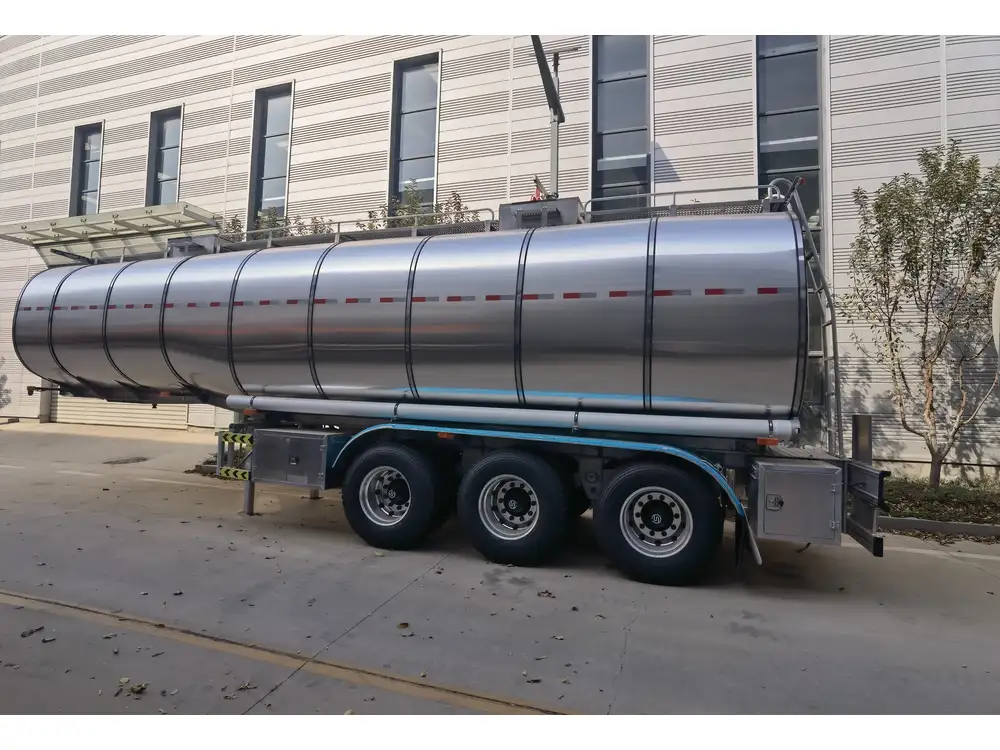
1. What types of goods are best transported using reefer cargo vans?
Reefer cargo vans are ideal for transporting perishable items such as fresh produce, dairy products, pharmaceuticals, and frozen foods. They ensure that temperature-sensitive goods remain within the required temperature range, preserving their quality and safety during transit.
2. How often should a reefer cargo van’s refrigeration unit be serviced?
Regular maintenance is crucial for the optimal performance of a reefer cargo van’s refrigeration unit. It is recommended to service the unit at least twice a year, or more frequently if the van is used intensively. Routine inspections, cleaning, and calibration of temperature sensors should be part of the maintenance schedule.
3. Can reefer cargo vans be used in extreme weather conditions?
Yes, reefer cargo vans are designed to operate efficiently in a wide range of environmental conditions. Advanced insulation and robust refrigeration systems ensure that internal temperatures remain consistent, even in extreme heat or cold. However, it is essential to maintain the vehicle properly to handle challenging weather conditions effectively.

4. What are the key considerations when leasing a reefer cargo van?
When leasing a reefer cargo van, consider factors such as the lease duration, monthly payments, mileage limits, maintenance responsibilities, and the flexibility to upgrade to newer models. Additionally, ensure that the lease agreement covers the specific features and customization options required for your transportation needs.
5. How does a reefer cargo van contribute to sustainability in logistics?
Reefer cargo vans contribute to sustainability by reducing food waste through precise temperature control, utilizing energy-efficient refrigeration units that lower fuel consumption, and employing eco-friendly refrigerants that minimize environmental impact. These measures help create a more sustainable and responsible transportation process.



